Is Indonesia’s Nihi Sumba the world’s best beach hideaway? The highly rated barefoot luxury resort has won plenty of awards for its beauty, plus its regard for the people and culture of Sumba
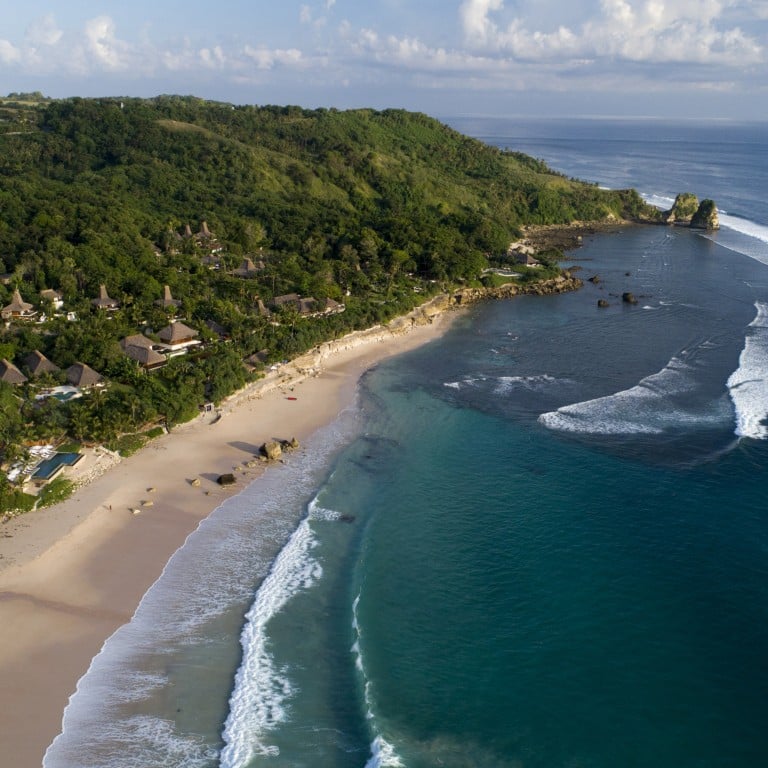
Finding a place that exceeds your expectations is becoming increasingly hard in a world dominated by heavily filtered social media. In a few quick swipes you can tour the globe, hopping between exotic spots thousands of miles apart, all captured in Insta-perfect weather and light, without even boarding – or booking – a plane.
Nihi Sumba is one of those destination hotels that seem too good to be true. While dreamy images of guests surfing epic waves off the island’s Nihiwatu Beach, swimming with wild horses and exploring cerulean rock pools are indeed splashed across Instagram, the resort also ranks among the top 20 hotels on Condé Nast Traveller’s Gold List 2023 and is the recipient of many more global awards.
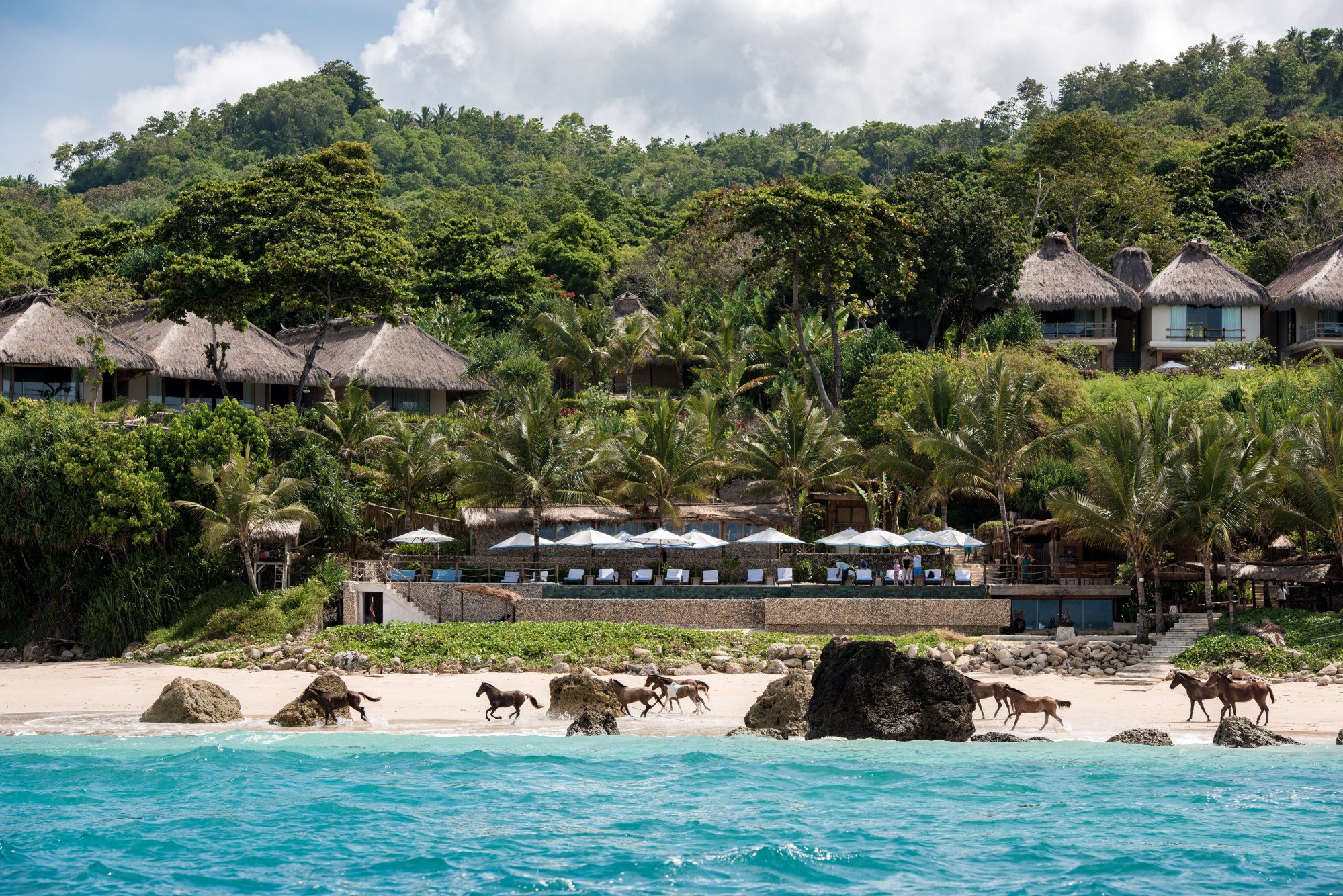
Its remote location adds to its aura of exclusivity. Accessible only via a 1.5-hour domestic flight east from Bali, followed by a similarly long car ride, it is nestled on the southern shore at the western end of Sumba, one of Indonesia’s less visited islands. Around 50km to the north lies the near-mythical Komodo with its famous dragons. Travel journalists have hailed it an unspoilt paradise, suggesting it is what Bali was before the arrival of mass tourism and shopping malls.

Nihi bills itself as being on the “edge of wildness”. The drive there isn’t particularly picturesque – the road is flanked by small stores, schools and traditional straw-roof huts where villagers lounge around playing on their mobile phones. It’s only when the driver stops at the top of the hotel’s driveway that we finally catch a glimpse of the dramatic coastline below.
The resort feels like a surprisingly upscale village tucked away in the jungle. Winding stone pathways are lined with cocoa and banyan trees and other native plants, and connect the villas with the main areas including the restaurant, Boathouse bar, beach club and pool. All the dining spots have sand-covered floors and wide ocean views. The vibe is more barefoot luxury than Saint Tropez. In fact, you can immediately tell which guests have just arrived because they are the only ones still wearing shoes.
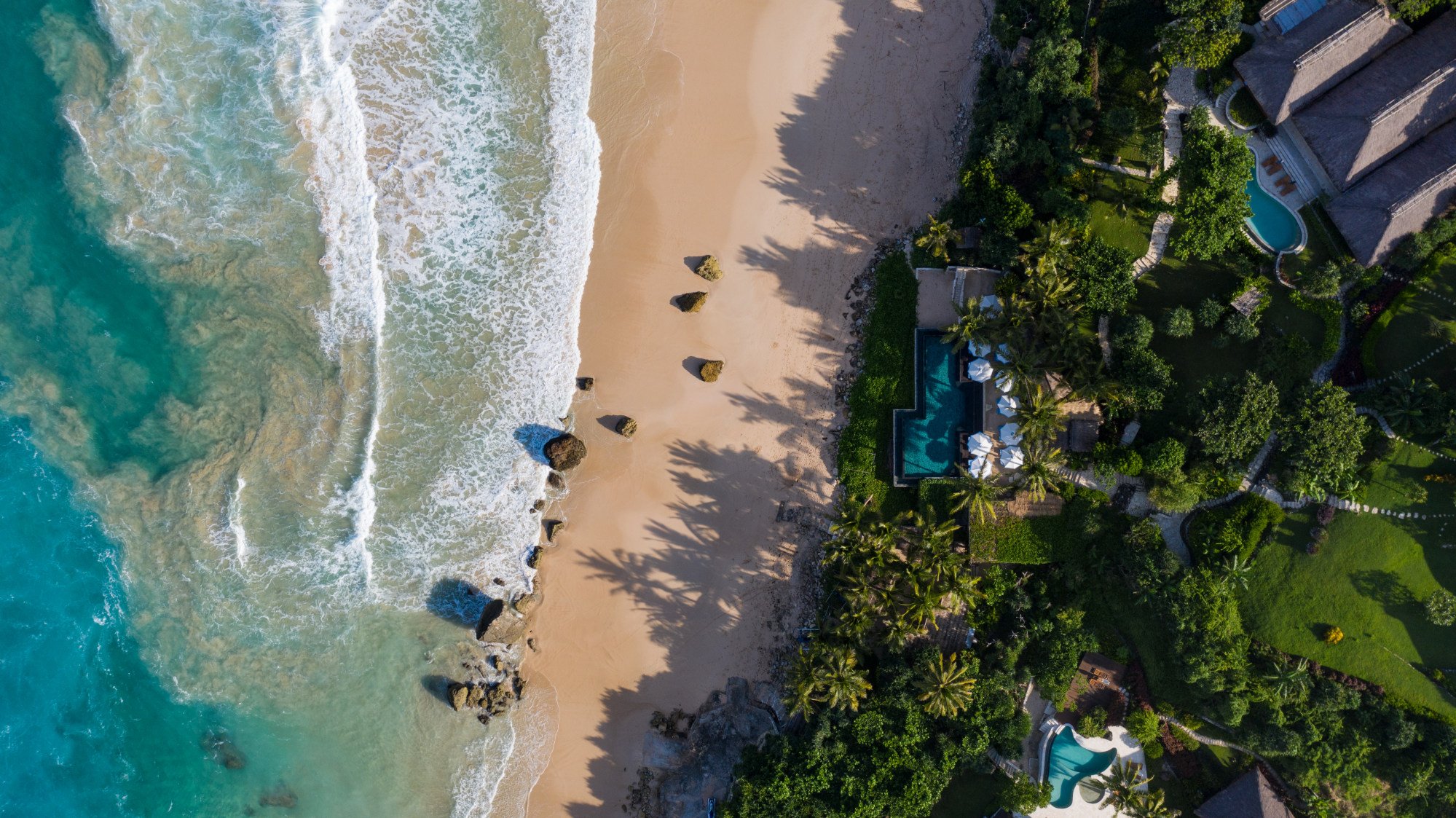
As for the architecture, if you’re a fan of a minimalist, modern aesthetic then Nihi isn’t for you. Every villa is unique, built in traditional Sumbanese style with interiors of dark wood panelling, enormous canopy beds, free-standing bathtubs, and traditional touches including carvings, antiques and ikat prints. The look is rustic enhanced with a few modern amenities like high-pressure rain showers and powerful air conditioning. Every villa comes with a private plunge pool, although the real draw is the long beach with uninterrupted views and access to the Indian Ocean.
Life here moves at a slow pace, even though there is plenty to do outside the resort if you aren’t keen on surfing, fishing or watersports. Independent tourism barely exists on Sumba, so the hotel’s list of excursions covers everything from waterfall hikes and mountain biking, to visiting local villages, art tours and ikat weaving workshops.
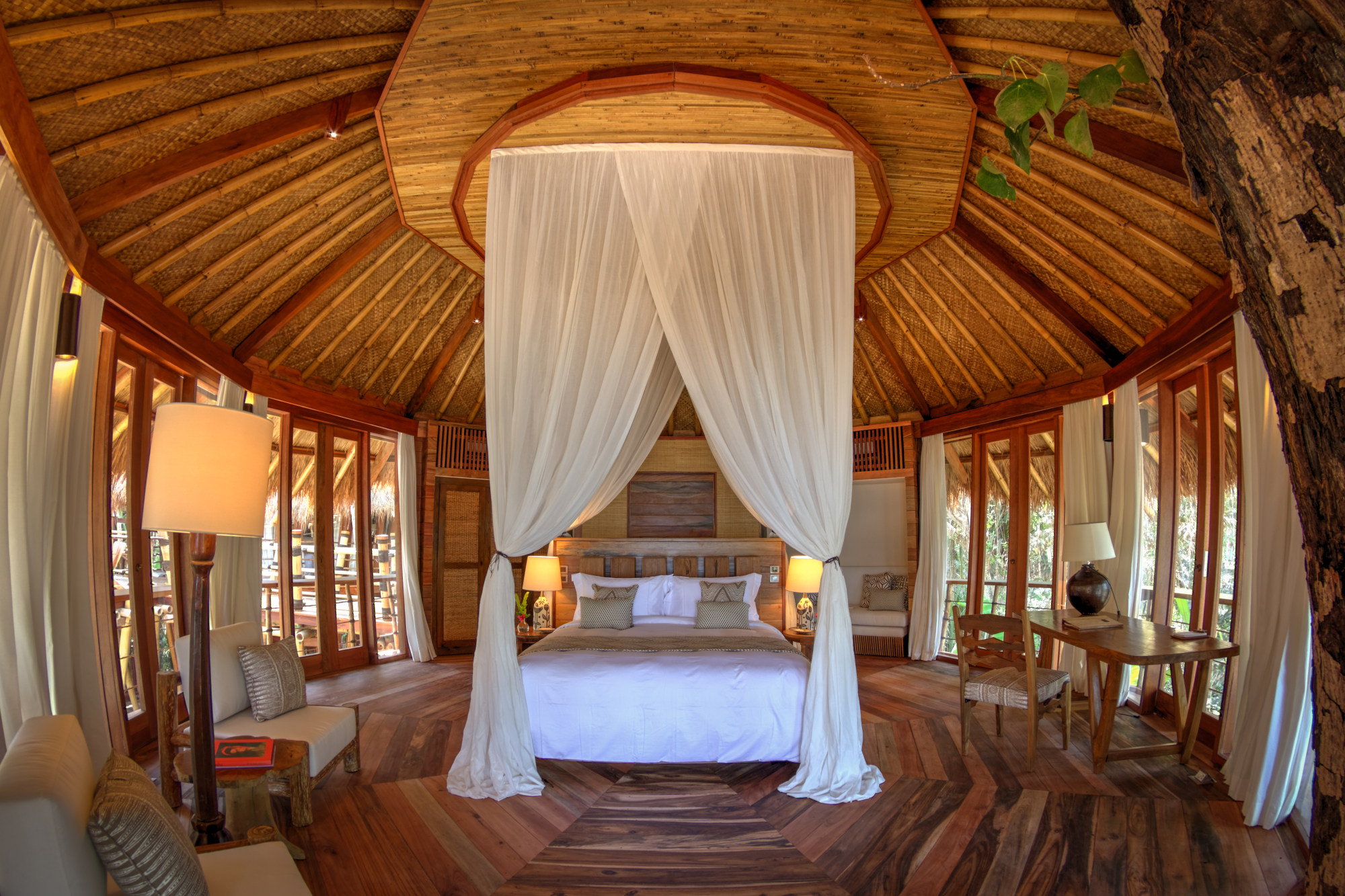
A must-do for many is the spa safari, a sort of Robinson Crusoe experience crossed with wellness and pampering. Intrigued, we booked a half-day version, which begins with an hour and a half trek through the paddy fields at 7.30am (less adventurous guests can go by car). We end up at Nihioka, a secluded location perched on the edge of a cliff above the ocean with the feel of a movie set, an utterly private world, yet open to wide views and cooling breezes. There are individual bales or pavilions, an infinity pool, a “secret” villa for overnight stays, a tiny treetop restaurant, and another stunning beach for swimming or snorkelling. Here guests can enjoy as many spa treatments as they can fit into their time, while the waves crash on the shore below.
Our most memorable moments, however, are at the resort itself. Every night the guests and staff converge at the Boathouse, at the heart of Nihi. Many opt to sit on the giant stone steps leading to the beach to chat about their day or listen to music while nibbling on satay fresh off the barbecue. Some are dressed in robes while others are decked out in designer gear, but everyone is at ease. It feels intimate, as though we are one big happy family, though in truth we are strangers who’ve had the good fortune to connect over a foreign place that feels like a second home.
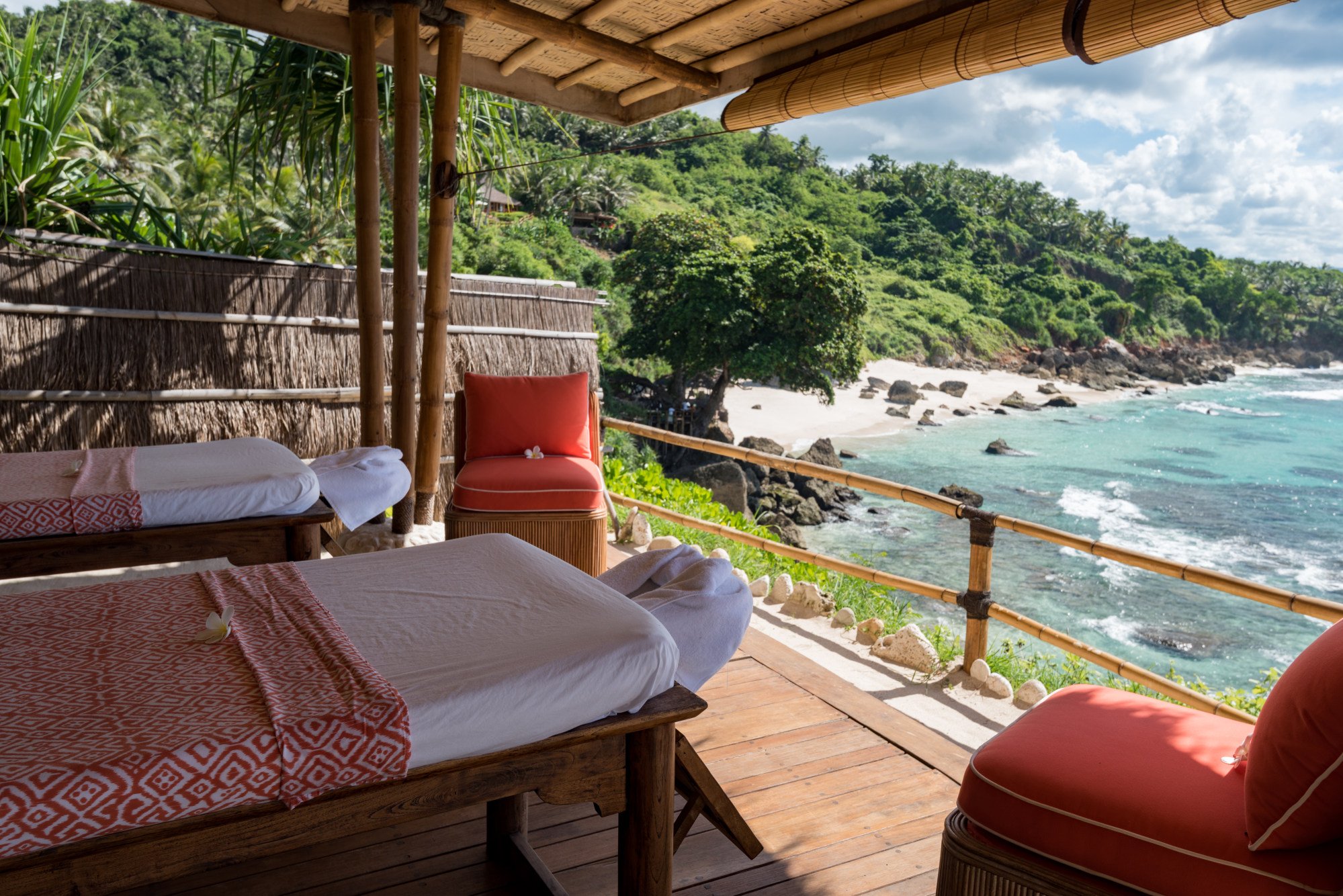
No story from Nihi is complete without mentioning the island’s horses. They have traditionally played an integral role in cultural activities, including the annual Pasola festival during which hundreds of riders stage a mock battle, while Nihi has its own stable of mostly retired racehorses which guests can more peacefully ride along the beach.
My favourite part of the day quickly becomes the moment the sound of waves is replaced by thundering hooves as the herd gallops towards the ocean. It’s thrilling, like watching fireworks as a kid, and even though the scene is replayed every day, it takes my breath away each time.
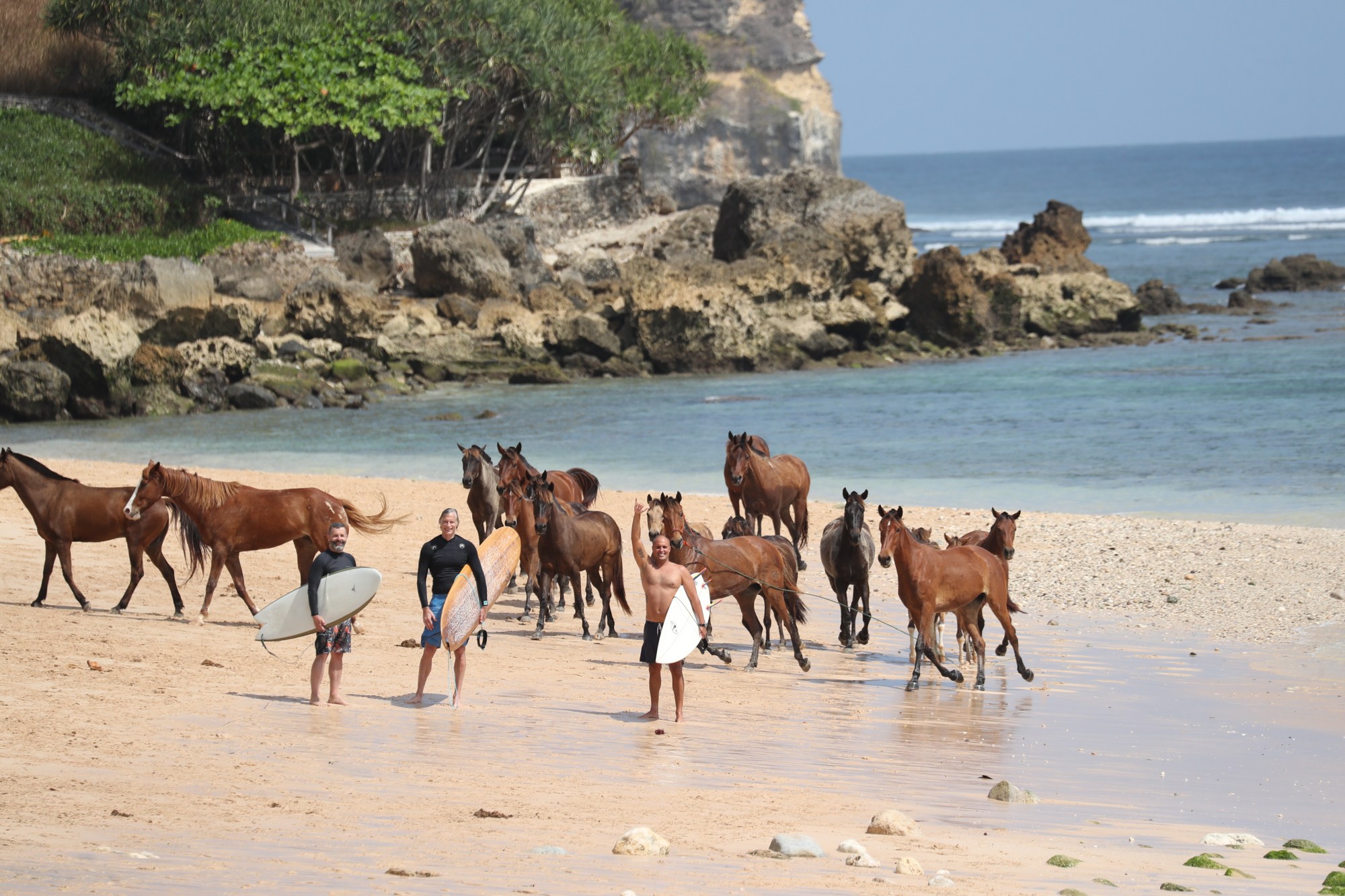
One of the true luxuries of travelling is being able to connect briefly with local communities and their way of life, and Nihi integrates this into the daily life of guests. Unlike many other resorts, over 90 per cent of the 400 staff – including the “guest captains” that are assigned to guests – are local Sumbanese, all encouraged to share stories about their childhood on the island or its Marapu ancestral religion. Through our daily chats at meals or during our organised activities, we learn something of Sumbanese culture.
Then you have the Sumba Foundation, founded by the Graves, the original owners, that still enjoys close ties with the hotel. Guests can visit the foundation to understand more about their work, which includes building schools, health clinics, clean water projects and more. You can even help teach an English class at a local school or serve a nutritious meal to kids. This pay-it-forward spirit is becoming an essential component for travellers looking to make a positive impact on the destinations they visit and the Sumba Foundation provides an inspiring blueprint for others to follow.
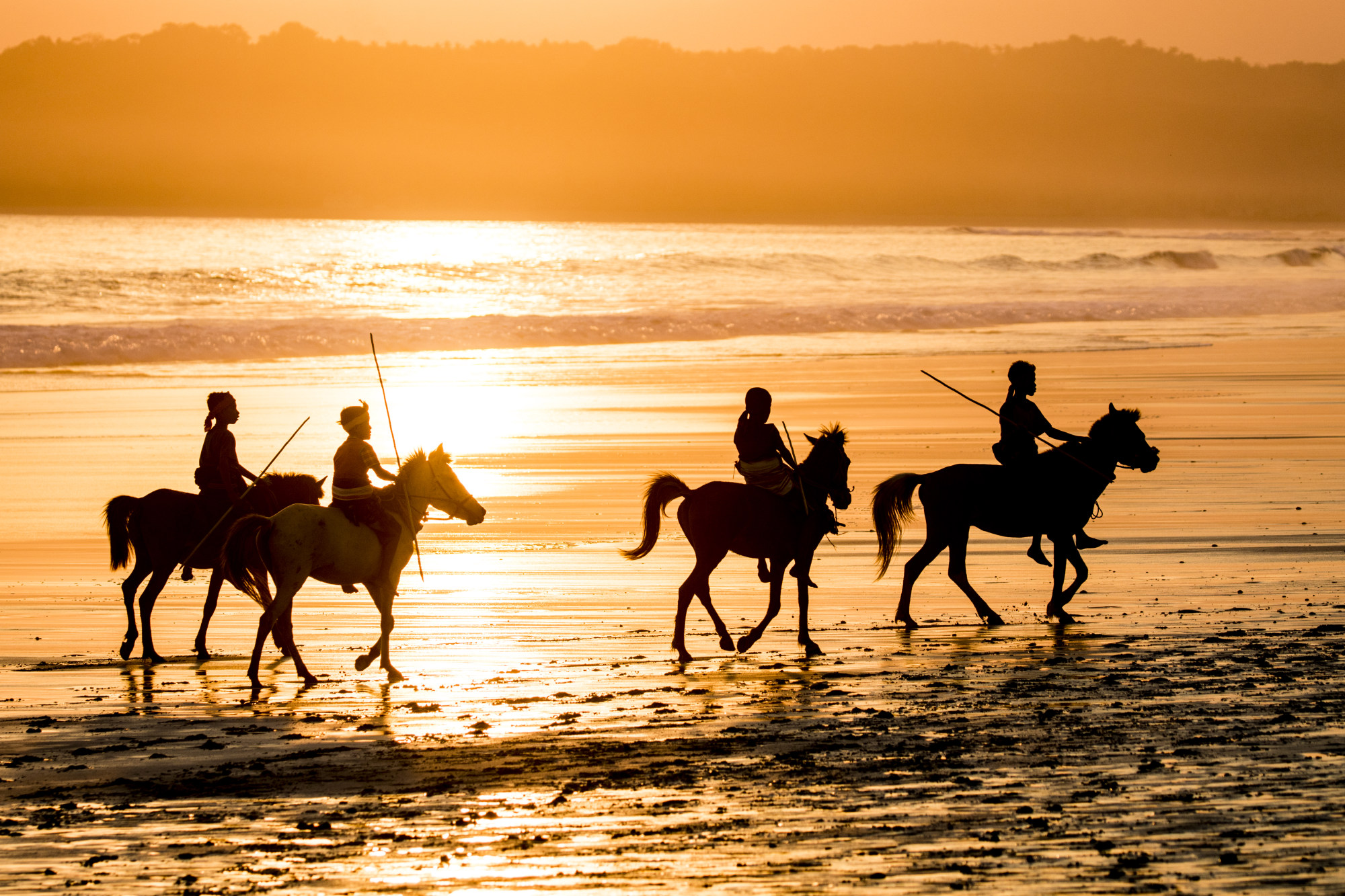
As an avid (and often jaded) traveller, I am well aware that places change quickly, especially as they become more popular. A second visit is hardly ever as memorable as the first. When I mentioned this to Maxi, our guest captain, at the end of our trip, he replied: “At Sumba time stands still so the magic remains when you come back.” After experiencing a little of the place for myself, I am beginning to believe him.

- In the top 20 on the World’s 50 Best Hotels List, on Condé Nast Traveller’s Gold List 2023 and winner of many other awards, the resort was bought and expanded by Chris Burch, husband of Tory Burch
- Help the Sumba Foundation in its work with local villagers, ride ex-racehorses on the beach, surf world-class waves or lap up the vibes at the secluded spa